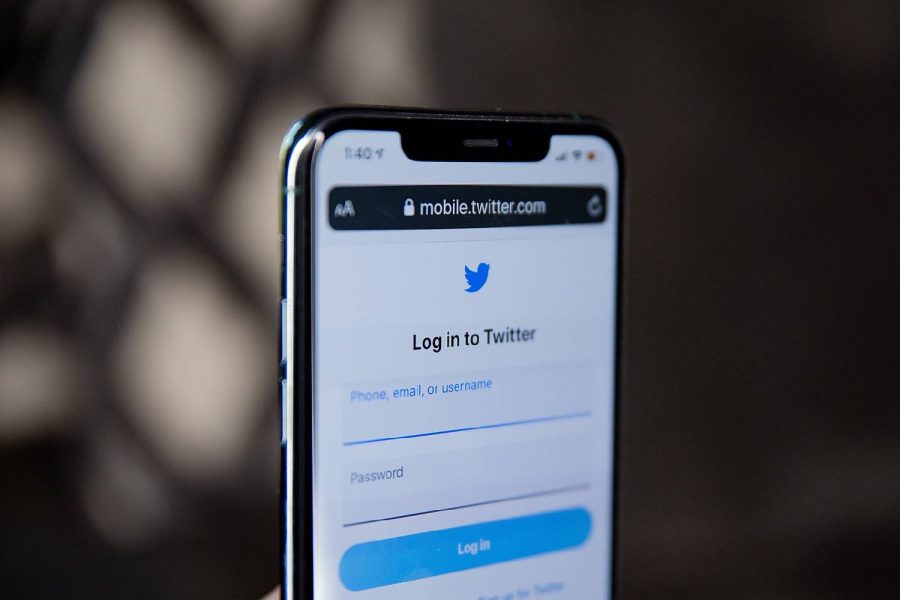Musk’s takeover of Twitter draws widespread criticism
Photo courtesy of Wikimedia Commons/@Solen Feyissa.
The Twitter log-in on a phone screen, July 10, 2020.
Perspective
Pressure has never been higher for Twitter CEO Elon Musk, who has faced heavy criticism for how he is managing the social media platform since he took Twitterover in April. Musk has taken to his own account and tweeted more than 750 times this month, talking about anything that comes to mind, expressing his opinion of what free speech should be and telling the New York Times that he considers himself a “free speech absolutist.”
The app’s revenue has lost an average of $4 million per day, and the number of fake news stories from non-reputable sources has increased, largely due to the new Twitter Blue verification rules that allow anyone paying for a subscription to be verified. Advertisers have started to pull away from Twitter, fearing that Musk will allow the app’s current trends of misinformation and impersonation to increase..
Common users of the app, known as “heavy tweeters,” have become less active, taking away a major part of Twitter’s revenue and causing the company to lose their most valuable users. Although the number of users has continued to grow each quarter, from 229 million daily users in 2021 to 237.8 million as of quarter two of 2022, Twitter has become a dying platform where people are able to say whatever they want, regardless of the validity or trustworthiness of what they are saying.
Musk has dealt with problems of his own, firing more than half of Twitter’s 7,500 employees for their inability to commit to his “hard core” vision in writing. The conditions and pressure that Musk has forced on the policies and employees of the company have gotten to the point that over 1,200 people have resigned.
Tactics like these are not anything new for Musk, who used similar means to build his other companies, Tesla and SpaceX; these tactics involve putting his business over everything else to reach the top of the industry. He has asked employees to put aside families and friends to accomplish his mission for the platform, implementing shock treatments and alarmism to keep them on track. Former Tesla senior engineering manager David Deak told the New York Times that “he quasi-creates them to light the fire under everybody.” Musk maintains a reputation as one of the most successful businessmen in the world, and even through ways that most might find unnecessary, he continues to have success in competitive markets.
Deak said “[Musk] clearly thrives in existential circumstances.” Musk has shown that he goes to extreme measures to keep his companies ahead, going as far as sleeping in Twitter’s offices in San Francisco. This is also not new for Musk, saying in an interview back in 2018 when he was working with Tesla that “There were times when I didn’t leave the factory for three or four days — days when I didn’t go outside.”
His dedication to work has certainly put him in the position he’s in today as the richest man in the world, but it has come to a time where handling massive industry leaders such as Twitter and Tesla has become too much for Musk to handle all at once. There is still time for him to reverse the trends in his companies and build them back up to points where they were when they were at their best and Musk is working at his best. But will he do that?

Chris is currently a junior at the University of New Haven, and this is his second year writing for the Charger Bulletin. He is a journalism major with...



